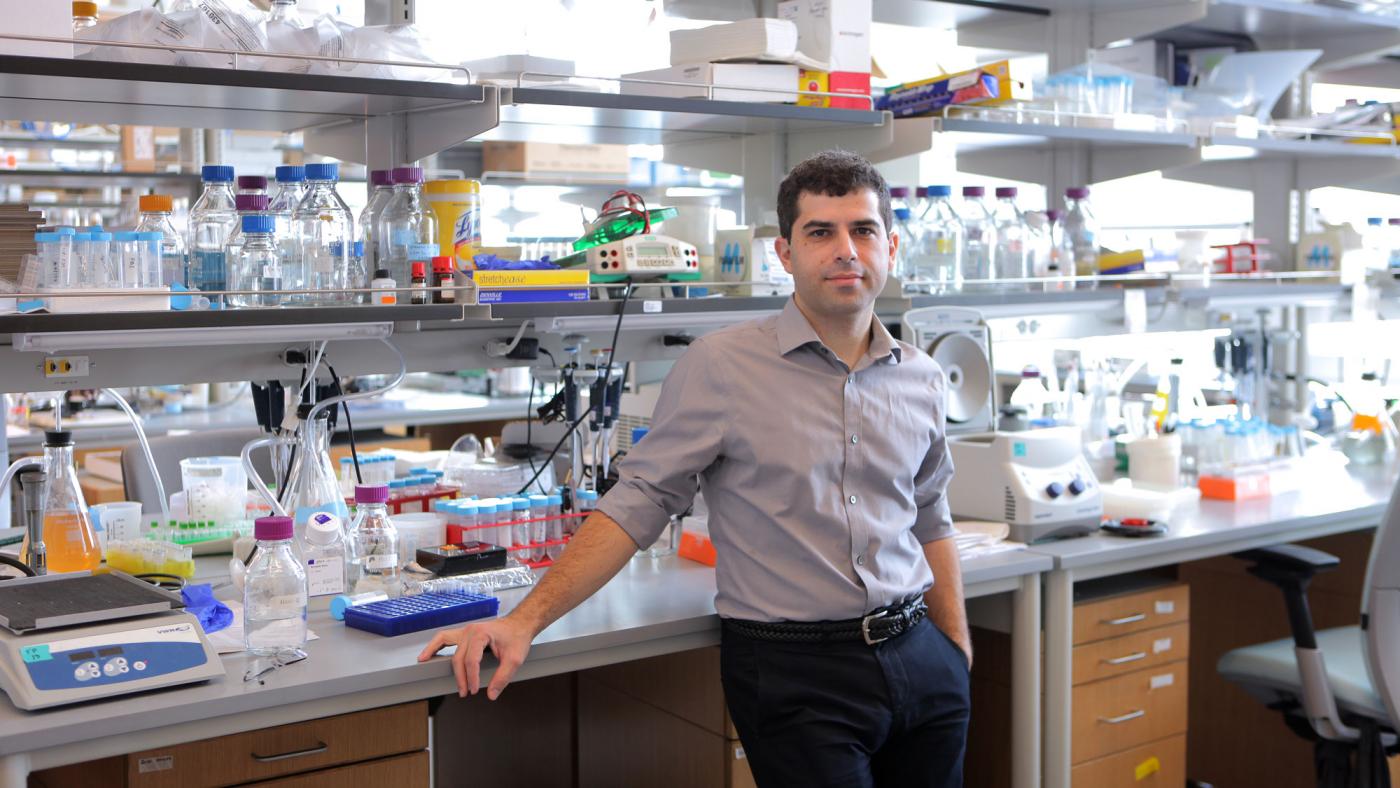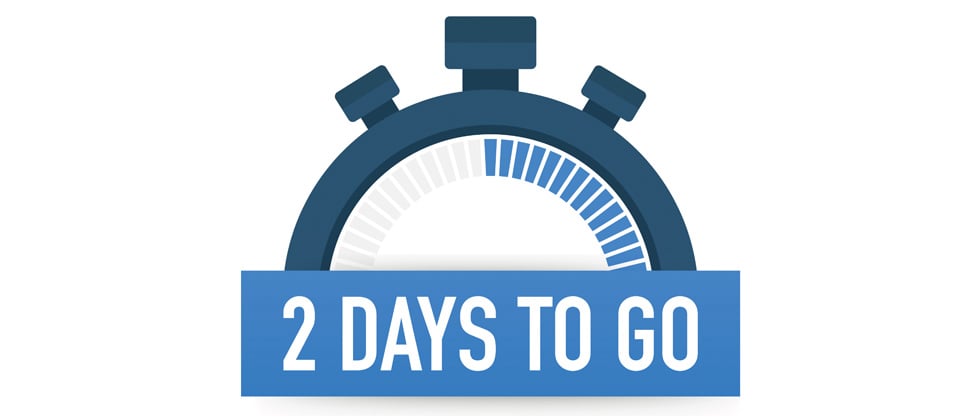Understanding ADHD: A Journey Inside Our Minds

Table of Contents
The Neuroscience of ADHD
ADHD isn't simply a matter of "not trying hard enough." It's a neurological condition with distinct differences in brain structure and function. Research points to irregularities in brain regions responsible for executive functions, such as attention, planning, and impulse control. Key neurotransmitters, like dopamine and norepinephrine, which play crucial roles in these functions, are often found to be differently regulated in individuals with ADHD. This imbalance can lead to the characteristic symptoms we associate with the disorder.
- Differences in brain structure and function: Studies using brain imaging techniques like fMRI and PET scans have revealed variations in brain volume and activity in specific areas of the brain in individuals with ADHD compared to neurotypical individuals.
- Role of dopamine and norepinephrine in ADHD: These neurotransmitters are vital for attention, focus, and motivation. Imbalances in their levels or function can significantly affect the ability to concentrate, regulate impulses, and manage hyperactivity.
- Genetic and environmental factors contributing to ADHD: While the exact causes remain unclear, research suggests a strong genetic component, with a family history significantly increasing the risk. Environmental factors, such as prenatal exposure to toxins or complications during birth, may also play a role.
- Latest research on brain imaging and ADHD: Ongoing research continues to refine our understanding of ADHD's neurological basis, leading to more precise diagnostic tools and targeted treatment approaches. Advanced brain imaging techniques are providing invaluable insights into the complexities of this disorder.
Common Symptoms and Characteristics of ADHD
ADHD manifests differently in individuals, with symptoms broadly categorized into inattentive, hyperactive, and impulsive presentations. It's crucial to understand that not everyone experiences all symptoms, and the severity can vary greatly. The presentation of ADHD can also change across the lifespan and varies between genders.
- Inattentiveness: This includes difficulty sustaining attention in tasks or play; not seeming to listen when spoken to directly; difficulty organizing tasks and activities; avoiding tasks requiring sustained mental effort; losing things necessary for tasks or activities; being easily distracted; being forgetful in daily activities.
- Hyperactivity: This manifests as fidgeting or squirming in the seat; leaving their seat in situations where remaining seated is expected; running about or climbing excessively in situations where it is inappropriate; difficulty engaging in quiet leisure activities; being "on the go," or acting as if "driven by a motor"; talking excessively.
- Impulsivity: This involves blurting out answers before questions have been completed; difficulty waiting their turn; interrupting or intruding on others.
- Variations in symptom presentation across different ages and genders: ADHD symptoms present differently in children, adolescents, and adults. While hyperactivity is more prominent in childhood, inattentiveness often becomes the primary symptom in adulthood. Similarly, symptoms can manifest differently in males and females. "ADHD symptoms women" is often a searched term highlighting gender differences.
Diagnosis and Assessment of ADHD
Getting an accurate diagnosis of ADHD involves a comprehensive evaluation by a healthcare professional, typically a psychiatrist, psychologist, or pediatrician specializing in ADHD. The assessment process goes beyond simply observing behaviors; it involves a thorough investigation.
- Comprehensive evaluation by a healthcare professional: This includes a detailed review of the individual's medical history, developmental history, and current symptoms. A thorough clinical interview is a critical part of this process.
- Behavioral assessments and questionnaires: Standardized questionnaires and rating scales, completed by parents, teachers, and the individual themselves, are used to objectively assess the presence and severity of ADHD symptoms. "ADHD assessment tools" are widely available to assist in this process.
- Neurological examinations (optional): While not always necessary, neurological examinations may be conducted to rule out other neurological conditions that might mimic ADHD symptoms.
- Ruling out other potential conditions: It's essential to differentiate ADHD from other conditions that may share overlapping symptoms, such as anxiety, depression, or learning disabilities. "ADHD diagnosis" requires careful consideration of all possibilities.
Effective Treatment Strategies for ADHD
Effective management of ADHD often involves a multi-faceted approach, combining medication, therapy, and lifestyle modifications. The goal is to find a treatment plan that addresses the individual's specific needs and challenges.
- Medication: Stimulant and non-stimulant medications are commonly prescribed to improve focus, reduce impulsivity, and manage hyperactivity. "ADHD medication" choices are made in consultation with a healthcare provider.
- Therapy: Cognitive Behavioral Therapy (CBT) helps individuals develop coping strategies and modify unhelpful thinking patterns. Behavioral therapy focuses on changing behaviors through positive reinforcement and other techniques. "ADHD therapy" is highly effective when combined with other interventions.
- Lifestyle changes: Adopting healthy lifestyle habits such as regular exercise, a balanced diet, and sufficient sleep can significantly impact symptom management. "ADHD lifestyle changes" can improve overall well-being.
- Importance of a support system: Strong social support from family, friends, and support groups can play a vital role in navigating the challenges of ADHD.
Understanding ADHD and Relationships
ADHD can significantly impact personal relationships. Challenges arise from difficulties with communication, emotional regulation, and organization. However, with understanding and proactive strategies, these challenges can be mitigated.
- Challenges in relationships due to ADHD symptoms: Symptoms like impulsivity, forgetfulness, and difficulty with sustained attention can strain relationships.
- Strategies for improved communication and conflict resolution: Open communication, active listening, and establishing clear expectations can improve relational dynamics.
- Seeking couples or family therapy: Professional guidance can provide tools and strategies to navigate relational challenges stemming from ADHD.
- Importance of empathy and understanding: Empathy and understanding from partners and family members are vital for building supportive and healthy relationships. "ADHD relationships" require patience and understanding from all involved.
Conclusion
Understanding ADHD is crucial for effective management and a significantly improved quality of life. We've explored the neuroscience, symptoms, diagnosis, treatment, and relational aspects of ADHD, highlighting its complexity and the importance of a holistic approach. Remember that ADHD is a spectrum disorder with varying presentations, and effective management often requires a combination of strategies tailored to the individual's unique needs. If you suspect you or someone you know may have ADHD, seek a proper ADHD assessment. Don't let ADHD control your life; take control by understanding it better. Learn more about ADHD and find resources to support your journey. Contact a healthcare professional today.

Featured Posts
-
 Doom The Dark Ages Xbox Limited Edition Fact Or Fiction
May 13, 2025
Doom The Dark Ages Xbox Limited Edition Fact Or Fiction
May 13, 2025 -
 Leonardo Di Caprios Shocking Relationship Twist Debunking The Dating Rule Myth
May 13, 2025
Leonardo Di Caprios Shocking Relationship Twist Debunking The Dating Rule Myth
May 13, 2025 -
 Analysis Of The 2024 Hit The Road Drax Protest Song
May 13, 2025
Analysis Of The 2024 Hit The Road Drax Protest Song
May 13, 2025 -
 2025 Nhl Draft Lottery First Three Picks Announced
May 13, 2025
2025 Nhl Draft Lottery First Three Picks Announced
May 13, 2025 -
 Peregovory Velikobritanii I Es Obsuzhdenie Soglasheniya O Bezopasnosti
May 13, 2025
Peregovory Velikobritanii I Es Obsuzhdenie Soglasheniya O Bezopasnosti
May 13, 2025
